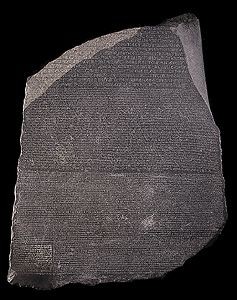 If you know me, then you know I do not tread lightly in the area of linguistics. My reason is simple – I am not fluent in any language except English and serious linguistic studies require more than a basic knowledge of a language. I like to joke that I can read Hebrew – but I usually have no idea what I am reading. What I can do is sound out words, and recognize a growing number of them, which does not make me even a novice much less an expert. When I do need to cover this area, I have experts whom I consult – people who can speak the language and who are also knowledgeable about the “rules” and intricacies of the language historically. I refuse to armchair quarterback such an important area of study or to parade my ignorance before you. Beyond my growing ability to use Logos, which does not make me a language scholar, I readily admit that this is most certainly not my area of expertise. Frankly, I just can’t know everything.
If you know me, then you know I do not tread lightly in the area of linguistics. My reason is simple – I am not fluent in any language except English and serious linguistic studies require more than a basic knowledge of a language. I like to joke that I can read Hebrew – but I usually have no idea what I am reading. What I can do is sound out words, and recognize a growing number of them, which does not make me even a novice much less an expert. When I do need to cover this area, I have experts whom I consult – people who can speak the language and who are also knowledgeable about the “rules” and intricacies of the language historically. I refuse to armchair quarterback such an important area of study or to parade my ignorance before you. Beyond my growing ability to use Logos, which does not make me a language scholar, I readily admit that this is most certainly not my area of expertise. Frankly, I just can’t know everything.
Fortunately, answering this question doesn’t require any knowledge whatsoever of ancient Egyptian which is a good thing because no one, and I mean no one who is actually still alive, knows what the language sounded like. Most of the names of Egyptian gods and goddesses in our repertoire are actually Greek. That’s right, the Greeks gave many Egyptian gods and goddesses Greek names–and those are the names, like Osiris, that we are often most familiar with–and they did this long after the Hebrew Scriptures were written with all its “Amens” and “Yahs”. At the time that the Greeks were writing the stories of the ancient Egyptian mythologies (enter Herodotus, who was too quick to tell us what monuments said when almost no one in the world could still read hieroglyphics and has now been proven wrong), they also loved to put their own spin on everything – thus the Grecian naming of deities and cities (in fact we still largely use Greek city names in Egypt to this day). Words that we have popularly believed to be Egyptian are actually Grecian in origin. Pharaoh Thutmose’s real name was actually dhwty-nht – say that three times fast! Oh wait, no vowels, we can’t even say it once!
When Egyptologists unlocked hieroglyphics they found that, like Hebrew and all other languages of the day, there were no vowels. Ancient Egyptian evolved into Demotic (a Greek-influenced form of Egyptian) around 600 BC (only priests in Herodotus’ day could read hieroglyphics) and into Coptic around 200 AD. By the seventeenth century, even Coptic was a dead language – being the African equivalent of Latin and only used for liturgies. Coptic was not the third phase of the language, however, but the sixth. During the times of the Kings of Israel, Egypt had entered into the fourth evolution of its language. Nowadays, Egyptians speak a form of Arabic, as they have for centuries.
Here’s the deal – no vowels – every linguist on the planet and every Egyptologist will tell you that the reconstruction of ancient Egyptian is based on knowledge of consonants only and the vowels are pure guesses. They made certain “executive decisions” about what vowels would go where for sanity sake – there was no choice. For the god known variously as Amen and Amun and Amana, we only have the hieroglyphs for the “m” and “n” sound – which explains the various guesses. If we were to say, therefore, that saying “Amen” is pagan we would also have to throw out words like manna – however, we don’t even have to go that far because “Amen” in Hebrew is aleph mem nun – not simply mem nun. Three consonants, not two as in the hieroglyphic name of the god.
What does this mean? It means that no one can speak ancient Egyptian! Some scholars can read it, but reading and speaking a language are not even remotely the same thing.
Time and time again we see people making claims about ancient languages and pagan words, and much of the confusion can be eliminated with the realization that ancient languages are pretty much all reconstructions and any archaeological linguist or philologist will tell you that if we went back in a time machine to any ancient culture and tried to speak “their” own language to them they wouldn’t understand what we are saying – nor would we understand them. These languages are educated reconstructions meant not to show us how the languages sounded, but which were instead the tools needed to translate documents. To translate a document, one only needs to know what a series of letters meant in context, not how it sounded. Discoveries of artifacts like the Rosetta stone and the Behistun Inscription have unlocked multiple ancient lost languages, allowing us a window into the Ancient Near East, but no one in the field of study (that I have ever come across) thinks that they can actually speak the true original language. No, my favorite TV show Stargate doesn’t count, it’s fiction and Daniel Jackson wouldn’t really have been able to speak with the people of Abydos.
So, the next time anyone tells you that a Biblical Hebrew word is pagan, know that there is no way on earth to prove it and so there is no reason on earth to worry about it. We don’t even know without a doubt how to pronounce ancient Hebrew, let alone other ancient languages. Let’s worry about what we can, in fact, know – context, character, and spiritual application – chasing pronunciations in dead languages is not something that will yield any fruit in our lives save that of confusion. Barring the digging up of a tape recorder of Pharaoh’s conversations with Moses, there is not much chance that we will ever know for sure how ancient Egyptian sounded – and truly, it isn’t very important. It takes more than putting syllables together to call on the name of any god – it takes faith in that god.
Be sure to check out the related posts about the word Lord, Lord and God, Christ, Yahweh, and IHS
Russell D. Rothe, William K. Miller, George Robert Rapp, Pharaonic Inscriptions from the Southern Eastern Desert of Egypt (consulted for the name of Thutmose in transliterated hieroglyph – available online)
Muriel Mirak Weissbach, Unlocking the Civilization of Ancient Egypt: How Champollion Deciphered the Rosetta Stone, Fidellio, Vol 8, No 3, Fall 1999 (great article for a homeschool resource – linked in body of post)



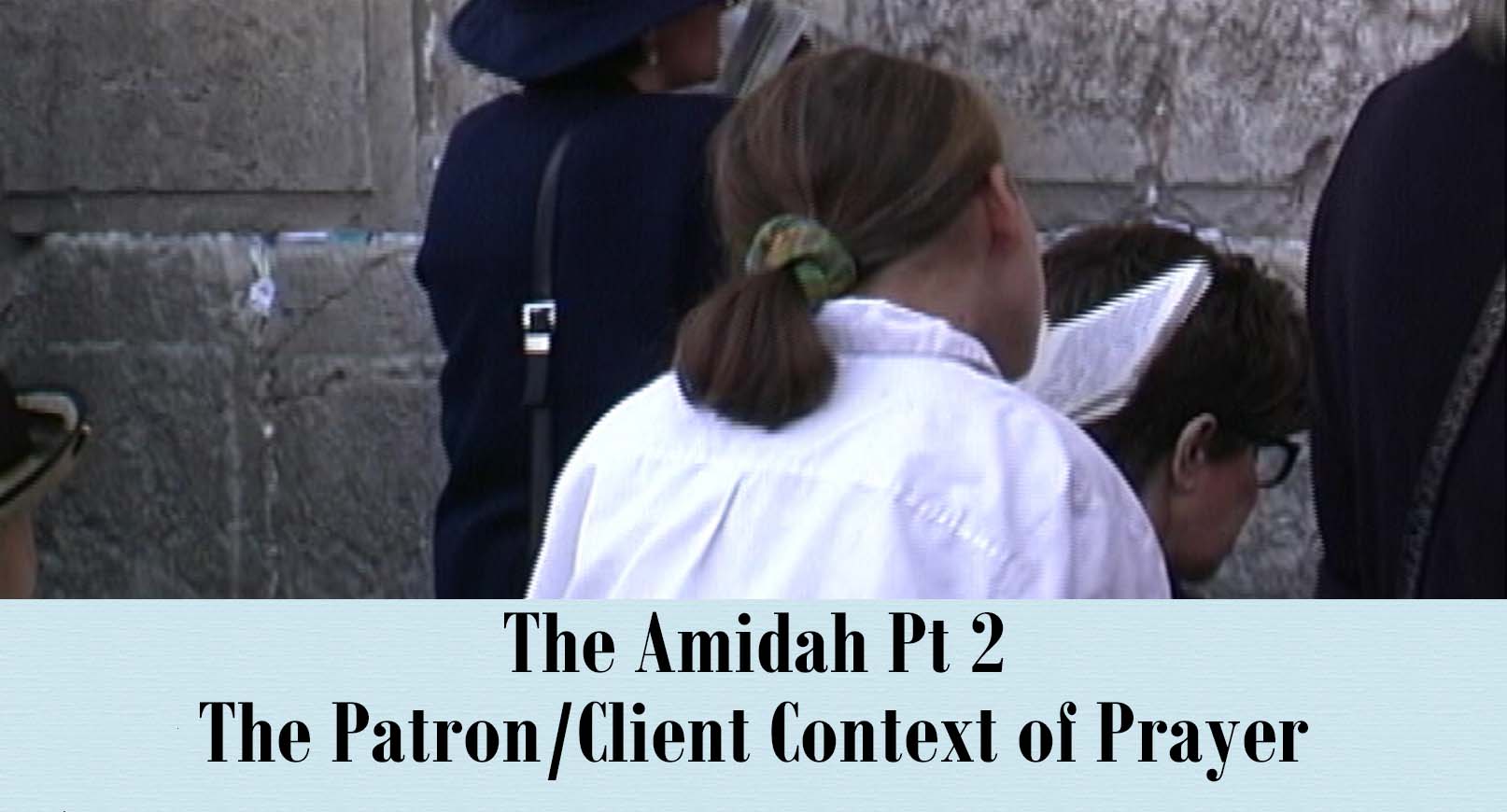
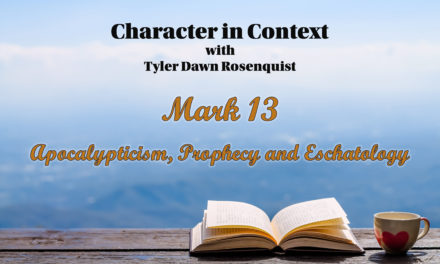
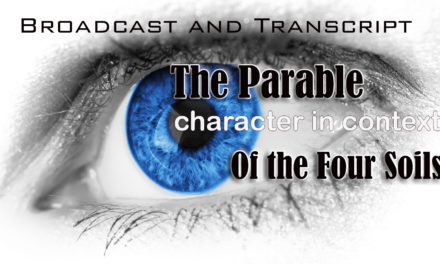
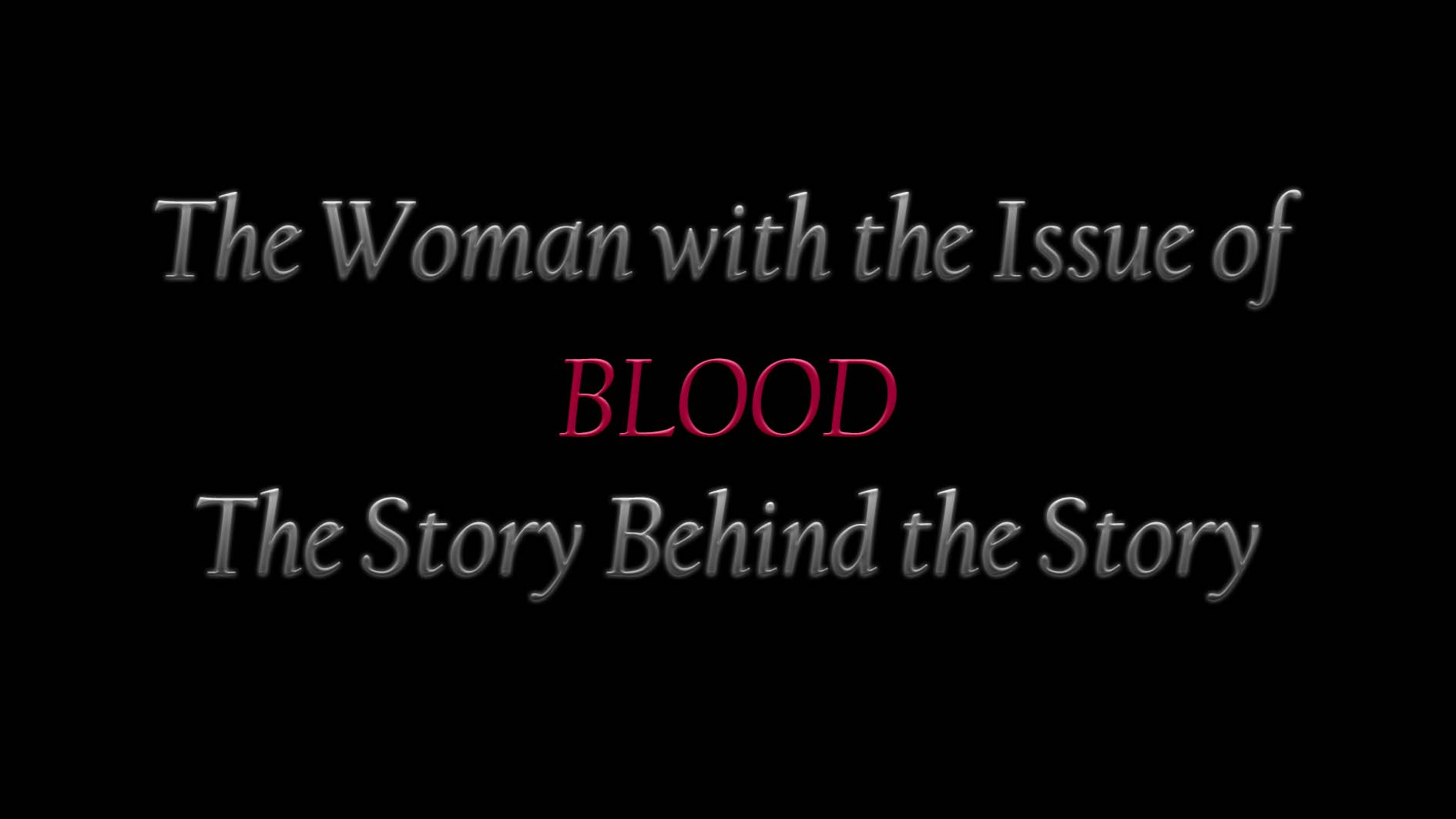














Once again, I thank you. Until recently, I had noooo idea of the depth of, well, ridiculouness (hmmmm, spell check thinks that isn’t a word. It should be.) that is out there in this area. Silly me: I thought trying to get back to basics, reading Scripture, trying to do what it says, and meeting others with the same heart/goals would give us common ground, even if we didn’t always agree on *exactly* how that might play out.
Wow. I was very mistaken. The Torah Cops set me straight (and continue to attempt to do so 😉 ) on a regular basis. As I said in our earlier conversation on Facebook, I am pretty sure that Kleenex, can openers and number two pencils shall be declared pagan any moment now. In fact, in a conversation with my husband that night, he pointed out that we do know people back in our home state who ARE, in fact, practicing pagans. It is an actual religion with actual clergy that is still practiced today. And they use cell phones, drive cars, and, sadly, use can openers. You were correct. I guess all cans MUST remain closed now… 😉
In all seriousness, I deeply appreciate your using your gifts to find and share the actual information- to go beyond the memes, the “he saids” the “everyone knows” and share genuine research with us. “Thank you” only begins to cover it (or, as my kids like to say, “todah rabah!” 😉 )
in Messiah-
Anita
Thanks Anita, yes probably linguistics is the least respected of the sciences when it comes to how eager people are to learn one or two basic things and start preaching “what things mean.” Fortunately, languages have always been my weak spot so maybe that gives me a profound appreciation of how intricate and complicated a subject it is. I am not tempted to play expert lol. Too often someone posts this or that and we fail to ask the most important question of all – “Exactly what are your credentials? How fluent are you in this language?”
Some of the stuff out there is so bad that even I can tell it isn’t true – and that is really BAD lol. Prime example, saying God is pagan because of the deity “Gad” in the Bible – but they never mention that in that case, we also can’t say the name of one of the twelve tribes. It’s crazy.
Did you know that Amen has no meaning in Hebrew? Amen is an acrostic and is not from an Hebrew root word. The acrostic is: El Melech Ne’eman, meaning, God is a Faithful King. Thought you would like that.
Of course I could be wrong so I’m going to check on it in Hebrew class this week. This information was what was put in the glossary of the One New Man Bible.
On the subject of “Amen” you might enjoy this context article http://www.meredithkline.com/files/articles/Abrams_Amen_Full.pdf
Thank you Tyler! Coming out from amongst them has sure been frustrating thus far. Your input and practical guidance are really helping me. I’m a mommy and don’t want to teach my kiddos wrong info like I’ve been taught. Keep on doing what you’re doing x
My kids joke now about the stuff I used to teach them – especially around this time of year. It sounds silly now, but wow when I was new and just struggling to catch up I tended to believe everything I heard. Guess this is my mea culpa 😉
Tx for mentioning that! I am kinda falling all over the place currently 😯 Trying to keep up, uproot & move forward all at the same time! My kiddies are being taught humbleness more than anything right now! (Seeing mom at a loss for words and researching like crazy on everything! 😂) Less is more. Rather a little in Truth, than abundance going wayward, hey?
Thank you for your research, Tyler. I love the effort you put in to studying the ANE and sharing it with laypeople.
I heartily agree with you about “amen.” There is an even easier way to prove your point here, which is to look at the Bible’s original langagues. “Amen” is found dozens of times in the Torah and Hebrew Bible, and dozens of times in the New Testament too. The Hebrew word was not translated into Greek but just transliterated, rendering the Hebrew in Greek letters (ἀμήν). Not only does Paul use it to end his letters, but Jesus peppers his sayings with it. Every time he’s quoted as saying “Truly I say to you,” the Greek records it as ἀμήν, or amen.
Im not sure what could be more convincing that a practice is not pagan than that numerous examples of its usage occur in the biblical texts.
sadly, if you can even believe this – people will combat your argument with the verse about the “lying pen of the scribes” and say they put pagan words in the text on purpose.
Jer 8:8 How can you say, ‘We are wise, and the law of the LORD is with us’? But behold, the lying pen of the scribes has made it into a lie.
I kid you not.
Thanks, Tyler. Then it’s pointless to go on.